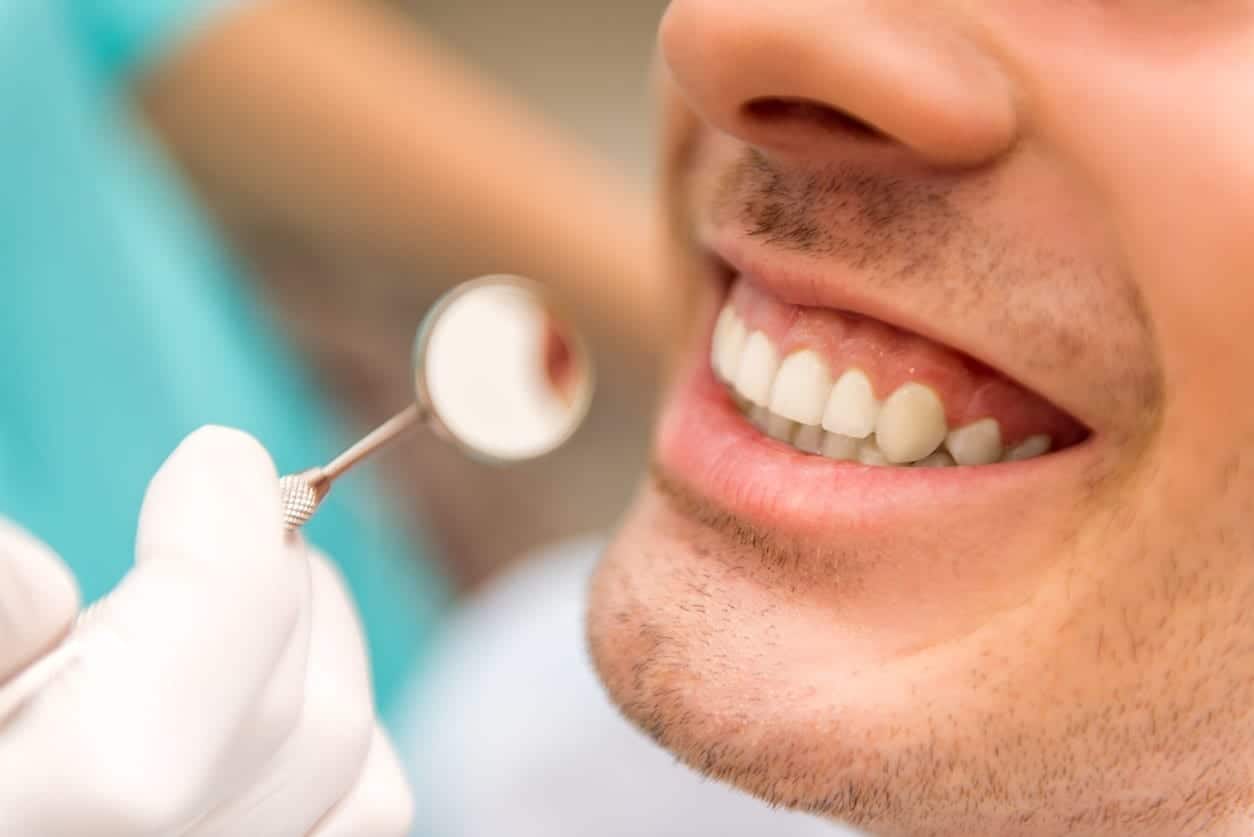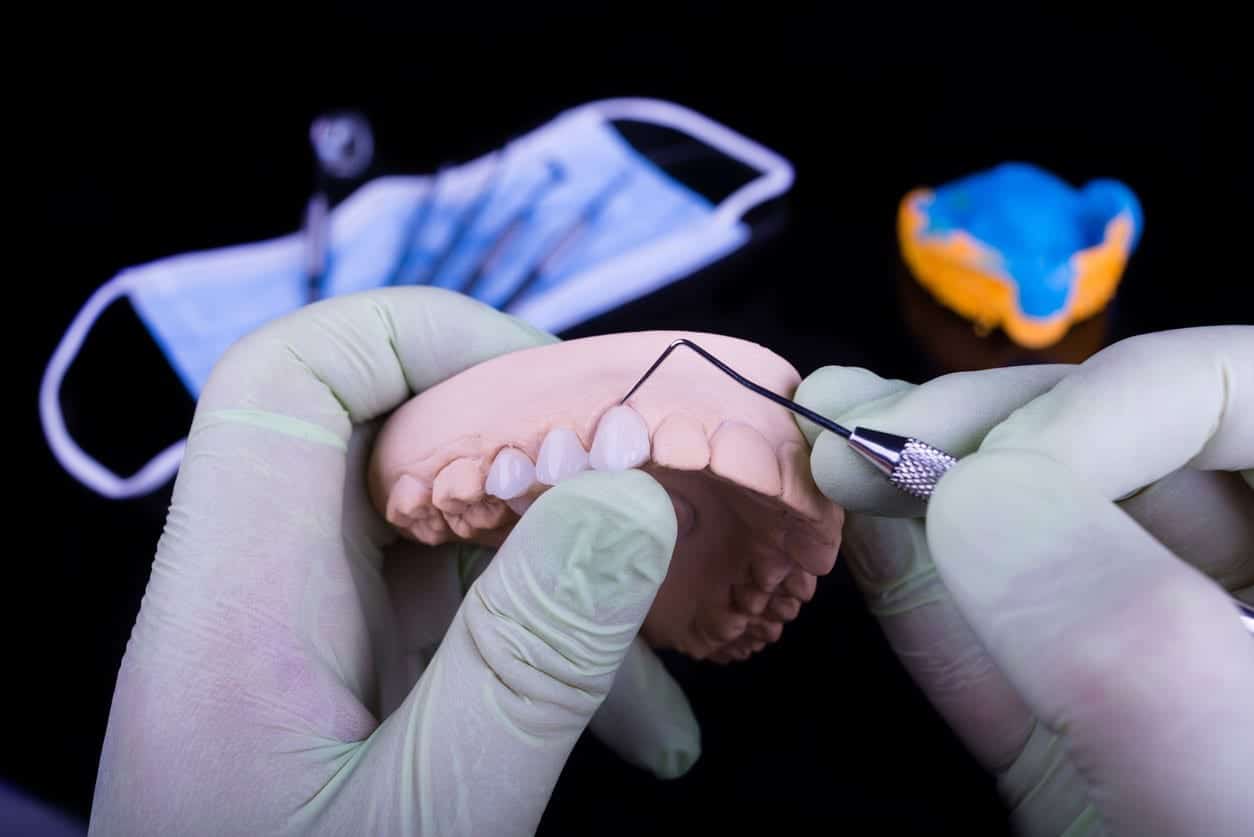
Did you know that our teeth are only really designed to last about 40-50 years? It’s not that crazy if you think about it, because it wasn’t very long ago that most people weren’t living much longer than that. Today, however, the average person tends to stick around for decades longer than their teeth were meant to last.
Not surprisingly, this means that people have to deal with more – and more comprehensive – dental problems as they age. Things like numerous root canals. Multiple tooth replacements. Bite problems.
For those who need more than just a single procedure to fix the issues with their teeth and gums, it may be useful to look into full mouth rehabilitation.
What Is Full Mouth Rehabilitation?
Common procedures like bridges or crowns help to restore individual teeth. Full rows of dentures may restore an entire row of teeth that have been removed from the mouth. Full mouth rehabilitation goes beyond this. It looks at every individual tooth and how it contributes to your bite.
Every patient is different, but the goals of full mouth rehabilitation may include:
- Maintain healthy gums
- Eliminate pain and discomfort around teeth and gums
- Distribute stress and bite throughout all teeth
- Increase the spaces where food can enter throughout the mouth
What Is The Process Like?

A dentist will not be able to improve your bite in one appointment. There are multiple procedures involved in full mouth rehabilitation. Here’s how it typically works:
First, your dentist will need to take a look at your current jaw and dental health. X-rays and computer diagnostics will be used to look at your jaw, where it should be moved, and how each tooth is currently placed in your mouth.
This will probably take one full appointment, and it might be a few days or weeks to determine how the jaw should be moved and what the best course of action is for your full mouth rehabilitation.
Depending on the nature of your specific issues, your dentist may offer appliances that will fit to your teeth and help to reframe your bite. However, if they determine that your mouth can be rehabilitated through individual tooth restoration alone, your dentist will get started on those procedures at your second appointment.
All of your current dental work (crowns, bridges, and so on) will be removed so that nothing is in the way for the dentist to treat your full smile with new restorations. Impressions will be made so that each individual tooth can get the work that it needs. If necessary, you will be fitted with temporary restorations while the impressions are sent to the lab and used to make your permanent restorations.
In the third and final appointment, the new restorations are installed. These restorations will be added through different processes based on what is best for your mouth. When you talk to your dentist, you can ask specifically about how restorations are installed, and what materials used to make the restorations.
Things to Consider
Full mouth rehabilitation is a relatively quick way to fix your entire mouth and enjoy a healthy bite for many years to come. Before you make your appointment, though, consider the following:
Cost: There are a lot of individual restorations involved in full mouth rehabilitations, and each of those restorations will add up. Simply put, full mouth rehabilitation can be expensive. Talk to your dentist (and your dental insurance plan) about how much this procedure will cost before you book your appointments.

How Many of Your Teeth Are Missing: If you have a whole mouth of teeth missing, full mouth rehabilitation may seem like the best option. However, it may be easier to take the route of getting dentures or bridges. There will be no changes to your jaw, and you can usually get dentures installed more quickly than full mouth rehabilitation.
Conversely, if only a few scattered teeth are affecting your bite, it may be easier to isolate those few teeth and get implants or bridges. In other words, an overhaul may not be necessary if most of your teeth are strong and healthy.
The bottom line is that you should talk to your dentist first and see what he or she recommends based on your individual situation. If your dentist is not able to do full mouth rehabilitation, you may also wish to learn more about the procedure from a dental professional who can.
To talk more about full mouth rehabilitation and whether it is right for you, make an appointment with our South Florida dental office.






